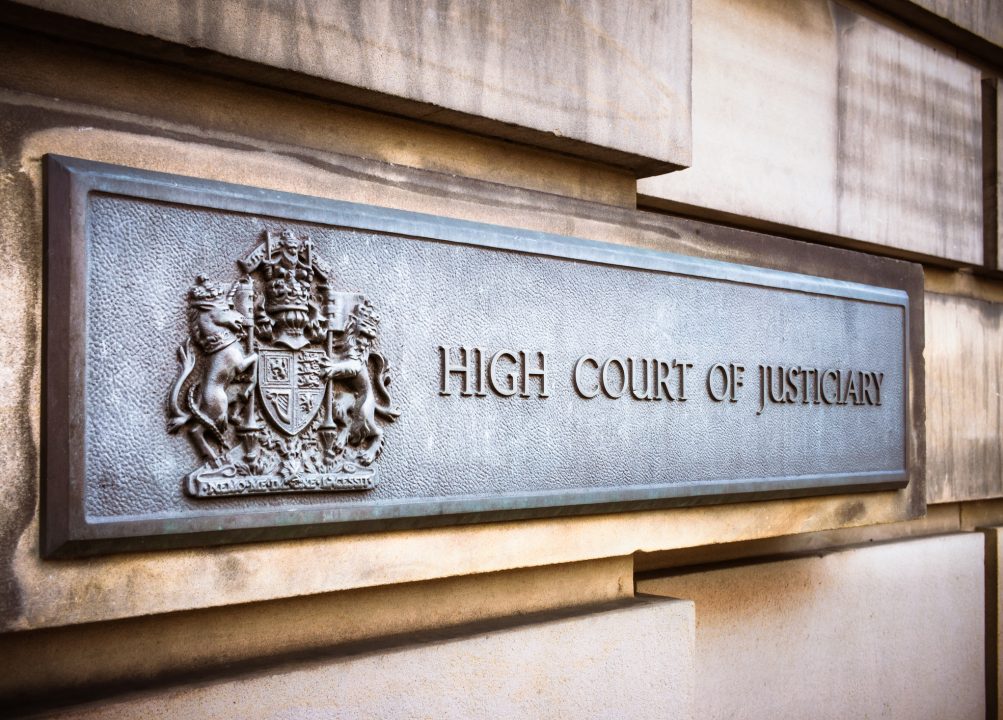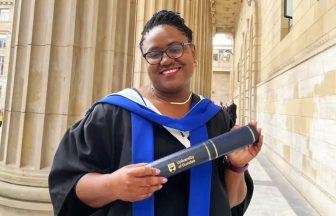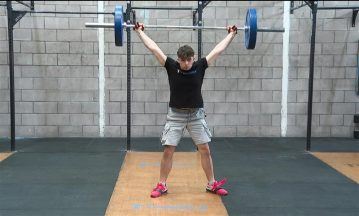An academic has been fined £400 for breaching strict legal rules to Google the meaning of the not proven verdict during rape trial deliberations.
Caroline Spratt, 47, was found in contempt of court by judge Lord Lake at the High Court in Edinburgh on Friday.
Ms Spratt was sitting as a juror in the trial of Nicholas Tonder, 25, who was convicted on Friday afternoon of raping a woman at a house in Edinburgh in July 2022.
However, a few hours earlier Ms Spratt was given the fine by Lord Lake over how she behaved in end of trial discussions involving fellow members of the jury who were considering Tonder’s fate.
Jurors in Scotland are told at the beginning of proceedings that they are only to consider evidence led in court in their deliberations. They are told that they are not to conduct their own investigations or rely upon material that hasn’t been led in court.
Also, at the end of trials, jurors are instructed by the judge in their closing directions that the verdicts of not guilty and not proven are both ones of acquittal.
Jurors are given these directions to prevent miscarriages of justice. However, some legal experts have criticised the not proven verdict.
However, on Friday morning, Lord Lake heard that court officials discovered that Ms Spratt had used the Rightmove app on her phone to research a floor plan of a home similar to the flat where the accused had attacked his victim.
Lord Lake also heard that court officials also discovered that Ms Spratt, a lecturer in clinical psychology at Edinburgh University, had used the internet search engine in a bid to find the definition of not proven.
Defence solicitor advocate Brian Gilfedder said that Ms Spratt had accepted she had breached legal rules.
He added: “She accepts a failure on her part to follow the directions given to her at the start of the trial.
“She also used Google to find out what the not proven verdict meant.
“She does accept that this is a very serious matter. She has a good income and she would be willing to pay a fine.”
The development comes at a time when Scots law experts are debating whether to abolish not proven.
It is seen by some as offering additional protection to the accused – but critics argue that it is confusing for juries and the public, can stigmatise an accused person by appearing not to clear them, and fails to provide closure for victims.
A study published in 2019 found removing the not proven verdict might incline more jurors towards a guilty verdict in some proceedings.
In 2015, a review by judge Lord Bonomy said there was anecdotal evidence that jurors “mistakenly” thought that a not proven verdict left open the possibility of a retrial.
On Friday morning, Lord Lake told Ms Spratt that he wasn’t going to jail her – as her actions did not result in the trial having to be abandoned.
He added: “I do find you to be in contempt of court. You will be fined a sum of £400.”
A few hours later a jury of 14 returned a guilty verdict against Tonder. The court heard that he raped his victim on July 2 2022 at a flat in the Scottish capital.
The jury heard evidence that during the attack, Tonder seized his victim’s neck and restricted her breathing before having sex without her consent.
Lord Lake deferred sentence on Tonder, a first offender, to obtain a pre-sentencing report. He will be sentenced at the High Court in Edinburgh in October 2024.
Follow STV News on WhatsApp
Scan the QR code on your mobile device for all the latest news from around the country


 iStock
iStock




















